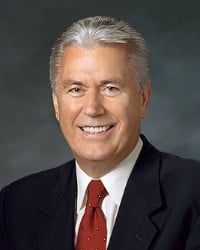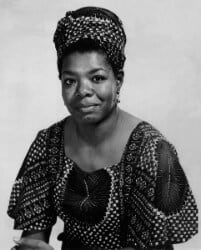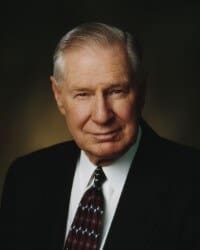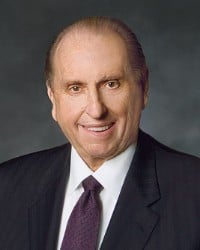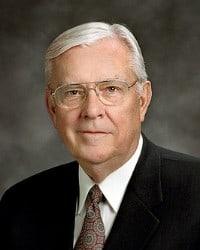“God himself was once as we are now, and is an exalted man, and sits enthroned in yonder heavens! That is the great secret. . . . It is the first principle of the Gospel to know for a certainty the Character of God, and to know that we may converse with him as one man converse with another, and that he was once a man like us; yea, that God himself, the Father of us all, dwelt on an earth, the same as Jesus Christ himself did.”
Joseph Smith
| Teachings of the Prophet Joseph Smith
Topics: Becoming like God, Heavenly Father, Potential
